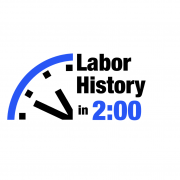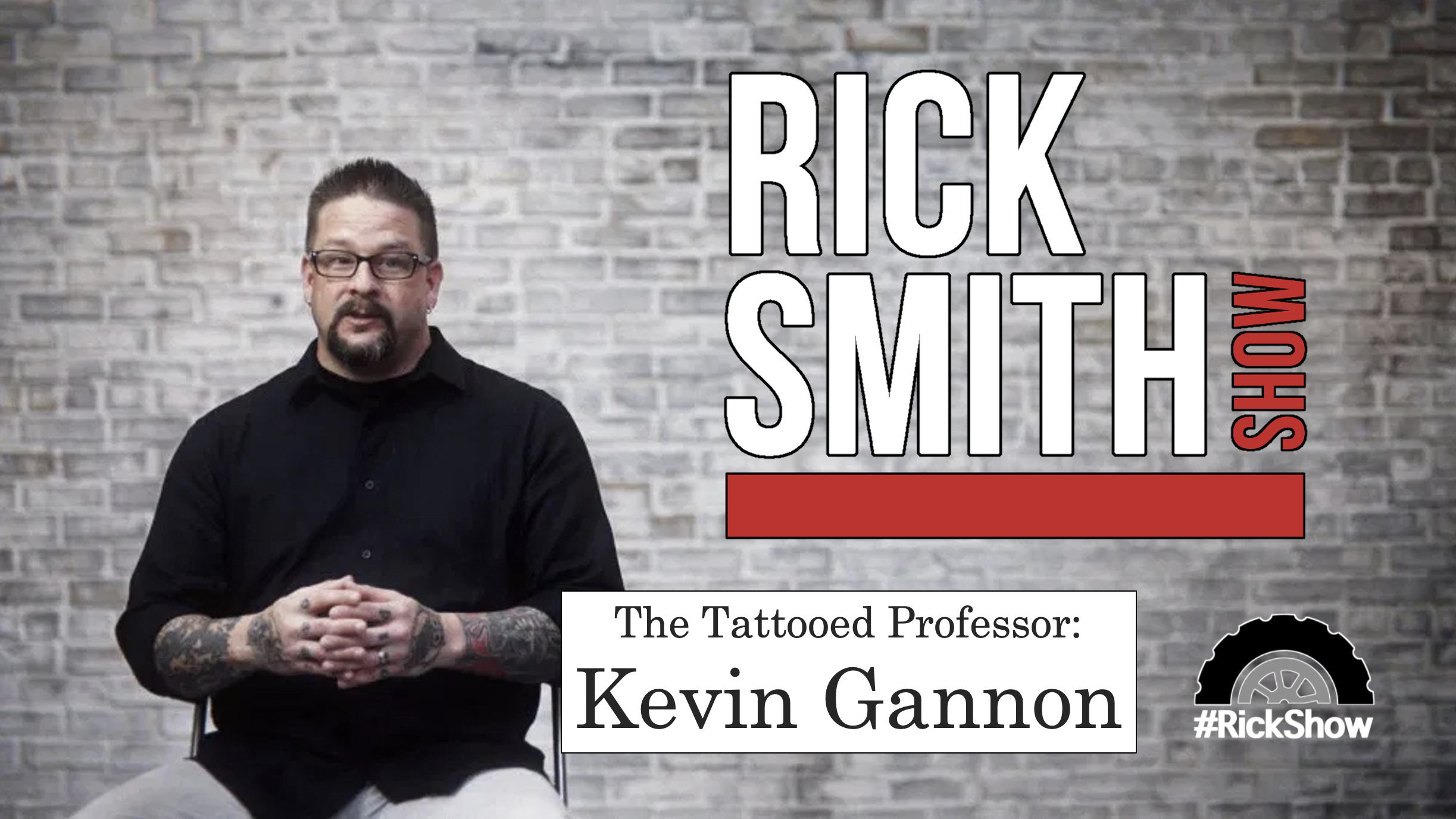Click the play button to hear Rick Smith discuss “The Silent Parade” – a part of our history that you won’t find in many textbooks.
[embedyt] https://www.youtube.com/watch?v=ByHzbcYGdXI[/embedyt]
On this day in labor history, the year was 1917.
That was the day more than 10,000 African-Americans marched down New York City’s 5th Avenue in what is known as the Silent Parade.
The protest came in the aftermath of the July 2, East St. Louis race riot and a number of lynchings in Texas.
Organized by black scholar and activist W.E.B. Du Bois, James Weldon Johnson and the NAACP, the Silent Parade protested lynching and anti-black violence.
Children led the march, dressed in white.
Women, who were also dressed in white, followed them. Men dressed in dark suits, marched behind. It was considered the first major public protest of racial violence in the United States.
Alexis Newman describes the scene as the parade proceeded to Madison Square.
“The marchers carried banners and posters stating their reasons for the march. Both participants and onlookers remarked that this protest was unlike any other seen in the city and the nation. There were no chants, no songs, just silence.”
Some signs read, “Mother, Do Lynchers Go To Heaven?” and “Mr. President, Why Not Make America Safe For Democracy?”
Protesters hoped President Woodrow Wilson would make good on his election promises to promote rights for blacks.
But Wilson took no action. In fact, he opposed anti-lynching legislation and continued segregationist policies in federal offices.
In an editorial for The New York Age, James Weldon Johnson pointed out, “that their brothers and sisters, people just like them, were “Jim-Crowed” and segregated and disfranchised and oppressed and lynched and burned alive in this the greatest republic in the world, the great leader in the fight for democracy and humanity.”
The #RickShow is available everywhere. Check your radio dial or your favorite podcast app, and if you want to catch the TV show, find us on:
YouTube: https://bit.ly/3szHAJ6
Free Speech TV: https://freespeech.org
Political Voices Network: https://politicalvoicesnetwork.com
To support the show, visit https://www.thericksmithshow.com or subscribe to our Patreon Page here: https://bit.ly/2Y7tZdP




